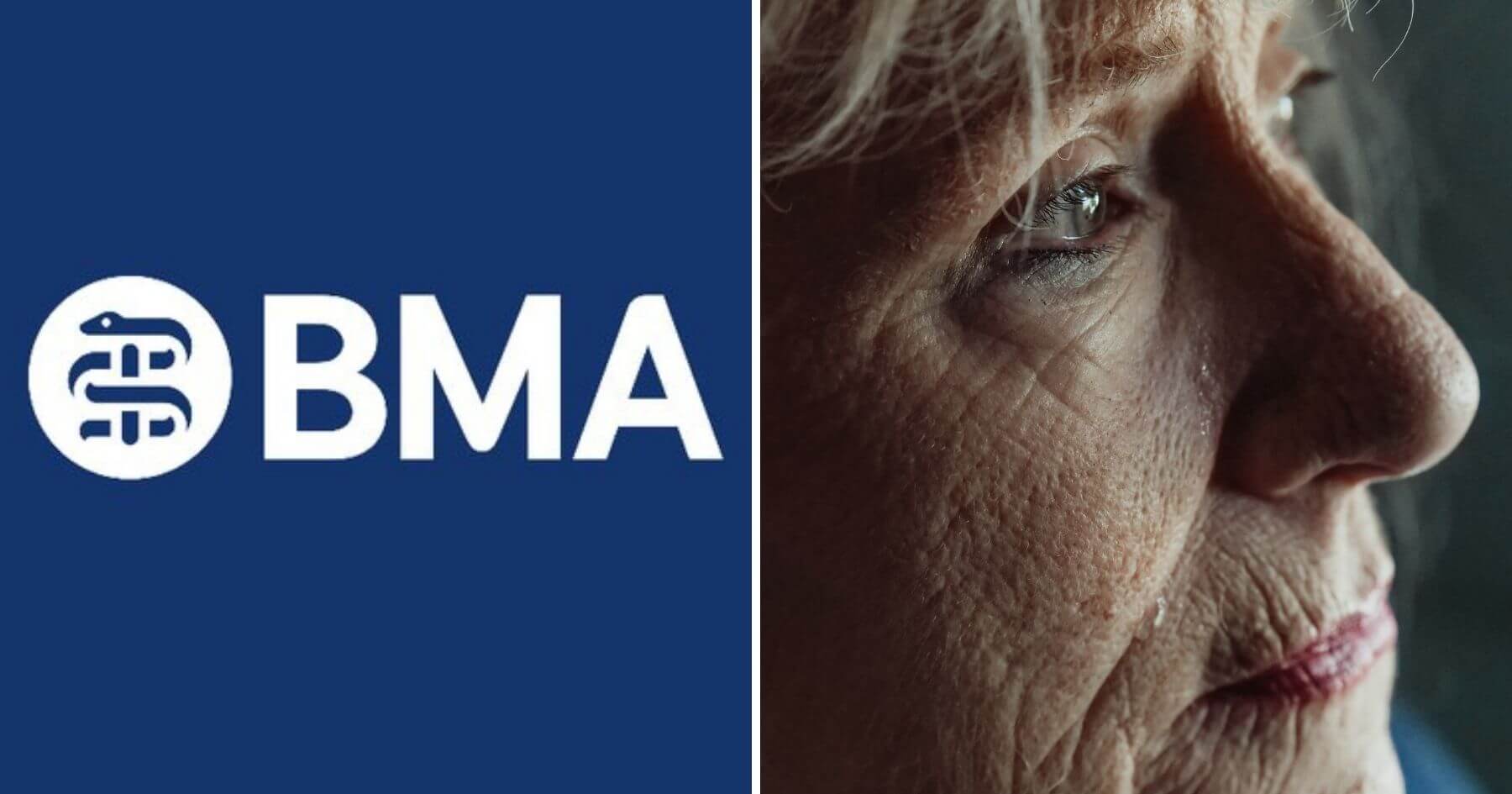Delegates at the British Medical Association’s Annual Representative Meeting have decided by a narrow margin of four votes to change the Association’s position on assisted suicide from opposition to neutrality.
The vote was held this afternoon on a motion to “move to a position of neutrality on assisted dying, including physician-assisted dying” with a total of 302 representatives of doctors and medical students voting at the meeting. 149 (49%) voted in support of the motion, 145 (48%) voted against and eight (3%) abstained.
Despite the change in position of the BMA to neutrality today, no doctors’ groups in the UK supports changing the law, including the Royal College of General Practitioners, the Royal College of Physicians, the British Geriatric Society, and the Association for Palliative Medicine.
Although the vote will see a change in position at the BMA, the very low four-vote margin is nowhere near the support that was claimed for neutrality ahead of the vote by assisted suicide lobby groups.
The assisted suicide lobby has run a relentless campaign to secure overwhelming support for assisted suicide, and the small margin in this vote will make it difficult for these campaigning groups to use the change in position to put pressure on peers to support Baroness Meacher’s assisted suicide Bill. The Bill is expected to proceed to Second Reading in the House of Lords in late October.
Not the first time that the BMA has moved to neutrality
Prior to 2005, the BMA held a position opposing assisted suicide, before delegates at their 2005 Annual Representative Meeting voted narrowly to change the position to neutrality. This was then overturned by another vote at an Annual Representative Meeting in 2006, when the BMA returned to its original position of opposing assisted suicide.
Assisted suicide pressure groups cite polling that shows there is widespread support for legislation of assisted suicide, yet experts have heavily criticised the polling as deeply flawed. In fact, when asked questions that drill down into the reality of assisted suicide, the percentage of those in support drops dramatically.
Indeed, more specific public polling shows that the British public are sceptical towards the introduction of assisted suicide. When asked if they ‘“would be concerned that some people would feel pressurised into accepting help to take their own life so as not to be a burden on others” if assisted suicide were legal’, 51% said yes and only 25% disagreed.
Strong opposition to assisted suicide in Parliament
Parliament has consistently rejected attempts by the assisted suicide lobby to introduce assisted suicide, with 330 to 118 voting against introducing assisted suicide in 2015.
Polling released earlier this year showed that only 35% of MPs support introducing assisted suicide to the UK.
The lowest support for assisted suicide was among Conservative MPs, with only 30% supporting a law change along these lines. The Conservative Party currently has an eighty-three seat majority in the House of Commons.
In 2020, strong opposition from MPs resulted in the Government rejecting an earlier call for a review of the law on assisted suicide, despite the best efforts from large pressure groups in favour of its legalisation.
Opposition to assisted suicide by disability groups
All major disability rights groups in the United Kingdom including Disability Rights UK, SCOPE, United Kingdom’s Disabled People’s Council, and Not Dead Yet UK oppose any change in the law.
In 2020, the Royal College of Physicians released a statement on its website clarifying that it does not support a change in the law on assisted suicide.
The Royal College of General Practitioners announced in February 2020 that it will continue to oppose a change in law on assisted suicide, following a consultation of its 50,000 members.
Right To Life UK spokesperson, Catherine Robinson, said: “While it is very disappointing to see the BMA move its position to neutrality by a very narrow margin, the very low four-vote majority is nowhere near the support that was claimed ahead of the vote by assisted suicide pressure groups such as Dignity in Dying”.
“These groups have run a very large campaign to attempt to show overwhelming support for assisted suicide, and the small margin in the vote will make it much harder for these groups to use the BMA’s position to put pressure on peers to support Baroness Meacher’s assisted suicide Bill”.












